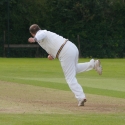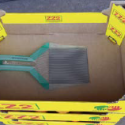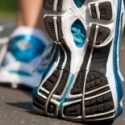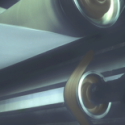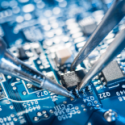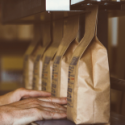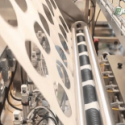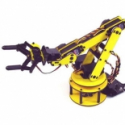Thanks to Wasil Usmani for this writeup and his fascinating research! Contact him on LinkedIn for more details. Can your feet reveal the secret to safer, stronger fast bowling? As part of my biomechanics research into fast bowling, I used the Tekscan dynamic foot pressure system, i.e, Tekscan F-Scan...
Applications
Pressure, Force and Temperature Measurement Applications
Tekscan's force, pressure, and temperature sensors and measurement systems are used in a wide variety of OEM, Research and Development, and Clinical applications. If you don't see your application listed below, contact us to discuss the opportunity.
Displaying 1 - 10 of 17
